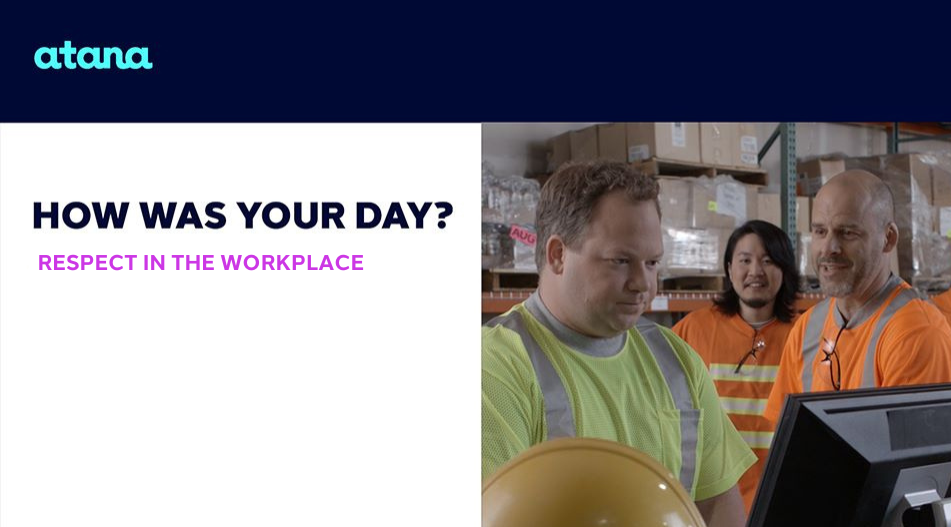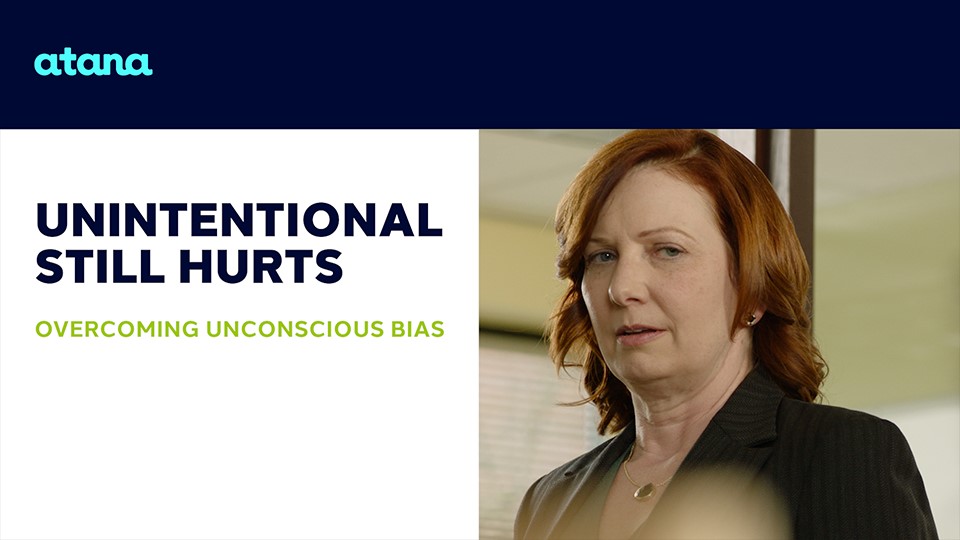
Essential Resources for Respectful Workplace Training
Tools for Building a Respectful Workplace
In the workplace, there are power and control tactics used by many (knowingly or unknowingly) that can demean or disrespect others. This online self-assessment helps you see if there are times when you exhibit some of these behaviors.
Everyone has biases, they are part of our human condition. But biases based on stereotypes or assumptions can lead to unfair or disrespectful behavior. This anonymous quiz reveals opportunities you can leverage to build inclusion at work.
Here's an activity anyone can use to become a more effective listener. By identifying behaviors seen in the best listener you know (as well as the worst), you find things you can do to build better listening habits.
Respectful workplaces require people to think about how their actions impact others, and to make decisions based on what is fair and honest. This anonymous assessment gives insights into the choices you might make in certain everyday situations.
Conflict resolution usually requires some kind of face-to-face meeting. This tool helps you prepare by letting you consider the conflict from the other person’s perspective, in addition to your own.
This 2-part self-assessment helps us see how easily we can place favorable/unfavorable values on certain objects, people, or roles. It then lets us look at some of our behaviors and consider whether a hidden bias exists.
Managers must be ready to handle a variety of challenging situations, including uncomfortable or difficult conversations. This job aid helps prepare for the meeting and maintain a positive, productive tone.
Behaviors that are sometimes characterized as "strong" or "assertive" can actually be power and control tactics that undermine teams This self-assessment provides a snapshot of potentially bullying behaviors.
Respectful Workplace Articles
A toxic workplace culture can stem from many different causes. While harmful to all employees, younger employees are less likely to put up with it. Here are 5 suggested actions leaders can take to restore a postive, respectful workplace.
Being an Upstander, not a bystander, when you witness disruptive, disrespectful or harassing behavior isn’t easy. This post explains why speaking up is so important, and provides practical instruction on how to do so.
People often say we have “work lives” and “home lives”. But the pain, frustrations, anxieties, and trauma we experience in our personal lives sometimes impacts us at work. Here's how leaders can provide the necessary support and assistance.
Research shows that when standards of behavior are inconsistently applied in the workplace, employees who know they should speak up against harassment often won't. Here are 7 strategies for ensuring behavioral standards are consistently applied.
DEI training is crucial for building a more diverse, equitable & inclusive workforce. This post provides practical insights on all aspects of cultural diversity and inclusion at work.
Organizations choosing to reaffirm their commitments to diversity, equity and inclusion must ensure that LGBTQ+ workers are not overlooked. These 6 strategies can help.











